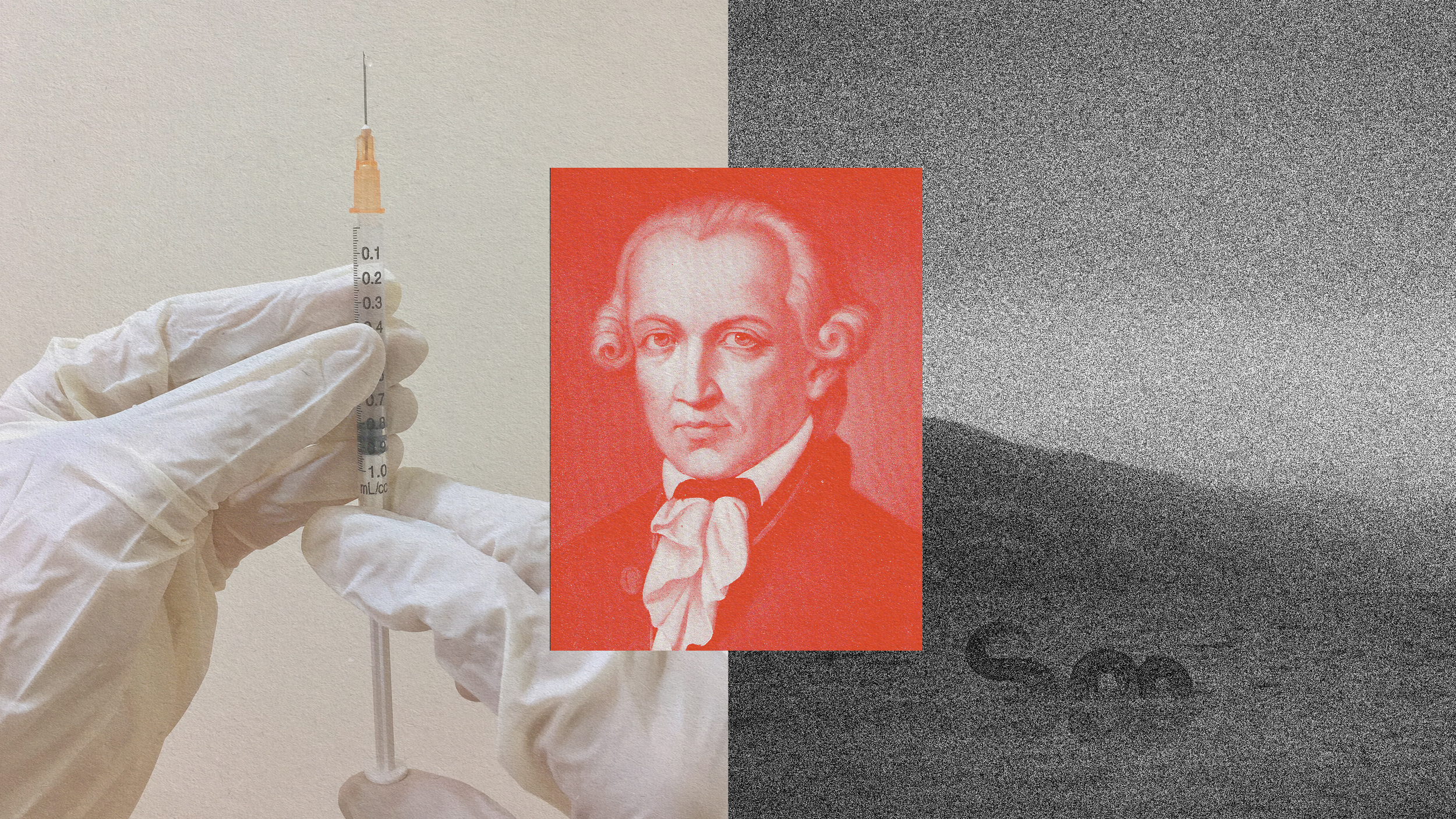We are still far away from a perfect vaccine.
Seth Berkley: Initially, people wanted to create an antibody-based vaccine and the first antibody-based vaccine turns out made great antibodies against a lab-adapted strain, a strain that was adapted from the laboratory. But when you tested it against the circulating viruses, it didn’t provide protection. The decision was made not to move that forward but then, the company that made that vaccine, an entrepreneur spun off another company, took that vaccine, raised money privately and it was tested because his logic was that was an experiment in a test tube. We need to see it in people. We know it’s safe. We know it produces antibodies. Does it do anything? The trial was done in the early-2000s and it showed that it didn’t work. So the antibody vaccines, we didn’t know how to do it. People switched over to the other arm of the immune system, that’s cellular immunity. Antibodies are the chemicals in the bloodstream that attach to a foreign body very specifically and then it gets destroyed. Cellular immunity is once cells are infected, they’re the parts of the body that gobble up those cells. So people switched to a cellular immunity. Nobody’s ever made a vaccine exclusively for cellular immunity but they felt they could do it. They worked really hard and recently, we’ve had a vaccine tested by the Merck Corporation. It was perceived at the time as the best of that class of vaccines and it just came out in September that it didn’t provide protection. That was a big deal not only for that but also there was some suggestion that people who got the vaccine might have an increased risk of infection. This had a pretty chilling effect across the field but many scientists had already realized that this vaccine was unlikely to work on its own; certainly unlikely to be the proverbial homerun. So there’s been a movement back to trying to solve the neutralizing antibody problem. We have a program that’s very active, a consortium of scientists around the world that’s our main focus; but also, not to ignore the cellular immunity and to create better vaccines there. So we believe that the next advance is going to be a product that protects in people but that has both of those components brought together and that would make it similar to other types of vaccines. So that’s kind of where the state of the science is right now.
Topic: Building Partnerships
Seth Berkley: On the consortia side, the way we do it is we basically pick an area for neutralizing antibodies, find the world’s best people, start bringing them together. They start a work program -- shared reagents, shared science, shared tools, communicating all the time. Then they come up and have a new discovery. They discover that some part of this is now a different type of chemical they haven’t worked with before. Then they go find the world’s expert on that and bring them in. They find a new technology to support; they bring that person in. So you build this consortia but it’s not built on let’s just get six people from eight different places together. It’s built upon finding the best people to solve the problems and the expansion is based upon the technologies that are necessary to solve the problem. So that explains a little bit on the consortia side. In terms of the innovative technology side, what we decided to do was since we’re looking for things that we don’t know about, it wouldn’t make a lot of sense for us to do it or even to advertise because these people aren’t interested. So we went out and put together a group of venture capitalists in the biotech sector and we did it by choosing them from all over the place with the idea being that their deal flow would likely cover many of the ideas that are out there. So if we go out and we say we need a certain technology to do something, you’ve got groups on the west coast, on the east coast, in Europe who will know companies that might have technologies that are useful. And then we use them to talk to the management or talk to the other venture capitalists and say “I know you’re not normally thinking about this and you may not think it’s profitable, but how about giving us a chance because it might have usefulness and spinoffs,” et cetera. So that’s been the stick our nose under the tent.





